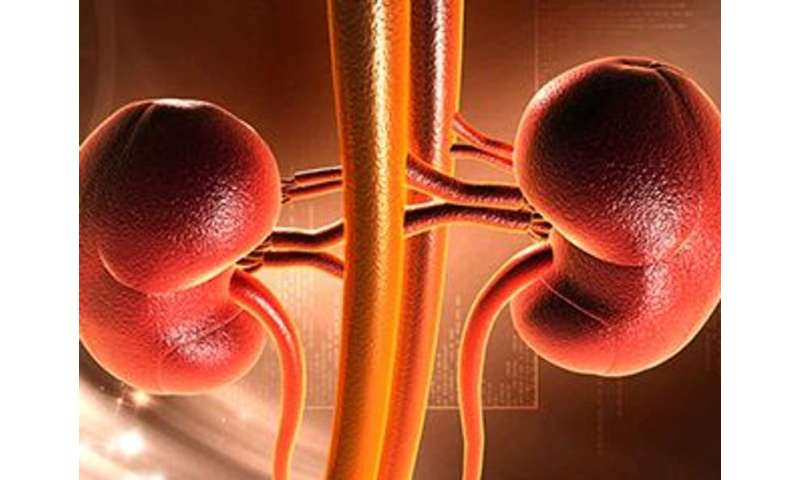
(HealthDay)—Among people with hypertension who are at high risk for cardiovascular disease (CVD), greater estimated glomerular filtration rate (eGFR) variability is independently associated with all-cause mortality, according to a study published online Dec. 14 in the American Journal of Kidney Diseases.
Rakesh Malhotra, M.D., M.P.H., from the University of California San Diego, and colleagues examined the association between variability in eGFR and the risk for CVD events and all-cause mortality using data from 7,520 participants (mean age, 68 years, and with one or more CVD risk factors) in the Systolic Blood Pressure Intervention Trial.
The researchers found that overall, the mean eGFR was 73 mL/min/1.73 m2 at six months, and there were 370 CVD events and 154 deaths during a median follow-up of 2.4 years. There was an association noted between greater eGFR variability and higher risk for all-cause mortality (hazard ratio per standard deviation greater variability, 1.29; 95 percent confidence interval, 1.14 to 1.45) but not CVD events (hazard ratio, 1.05; 95 percent confidence interval, 0.95 to 1.16) when adjusting for albuminuria at baseline, eGFR at month 18, and other CVD risk factors. Results were similar when examined by treatment arm and baseline chronic kidney disease (CKD) status and when accounting for concurrent systolic blood pressure changes, use of angiotensin-converting enzyme inhibitors or angiotensin receptor blockers, and diuretic medications during follow-up.
“These findings demonstrate that variability in eGFR measurements observed within individuals over time holds important physiological and prognostic information, above and beyond the severity of CKD and presence of related risk factors,” the authors write.
Source: Read Full Article
